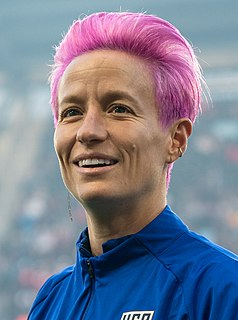A Quote by Ivan Krastev
Remember, until the 1970s, the spread of democracy has always been accompanied by the decline of inequality. The more democratic our societies have been, the more equal they have been becoming. Now we have the reverse tendency. The spread of democracy now is very much accompanied by the increase in inequality.
Related Quotes
I think some people have blind faith in American institutions without knowing a whole lot about them and think they will stand up to Donald Trump and are indestructible. I actually think democracy is not a definable and achievable state. Any country is either becoming more democratic or less democratic. I think the United States hasn't tended to its journey toward democracy in a long time. It's been becoming less democratic, and right now it's in danger of becoming drastically less democratic.
Most people believe that inequality is rising - and indeed it has been rising for a while in a number of rich countries. And there is lots of talk and realization of this. It's harder to understand that at the same time, you can actually have global inequality going down. Technically speaking, national inequality can increase in every single country and yet global inequality can go down. And why it is going down is because very large, populous, and relatively poor countries like India and China are growing quite fast.
In a really equal democracy, every or any section would be represented, not disproportionately, but proportionately. ... Unless they are, there is not equal government, but a government of inequality and privilege: one part of the people rule over the rest: there is a part whose fair and equal share of influence in the representation is withheld from them, contrary to all just government, but, above all, contrary to the principle of democracy, which professes equality as its very root and foundation.
There have always been two theories about inequality. One is that it reflects just deserts. The other is that there are large elements of exploitation and inequality of opportunities. The evidence is overwhelmingly that the increase in inequality is associated with those negative factors. If it were all social contribution, then when the top did better, they would be contributing to everybody's well-being. That trickle-down hasn't happened. We've seen median income, people in the middle, actually worse off than they were 25 years ago.
I made an effort to ensure social safeguards. But our economy has to grow - and Chile, with a population of 17 million, cannot depend entirely on its domestic market. Which is why the decision to focus on exports, made at the beginning of the democratic era, was the correct one. We are continuing to do so. For a long time, Chile has been successful in combating poverty. But now we must focus more on fighting inequality.
Some who call themselves realists question whether the spread of democracy in the Middle East should be any concern of ours. But the realists in this case have lost contact with a fundamental reality: America has always been less secure when freedom is in retreat; America is always more secure when freedom is on the march.



































